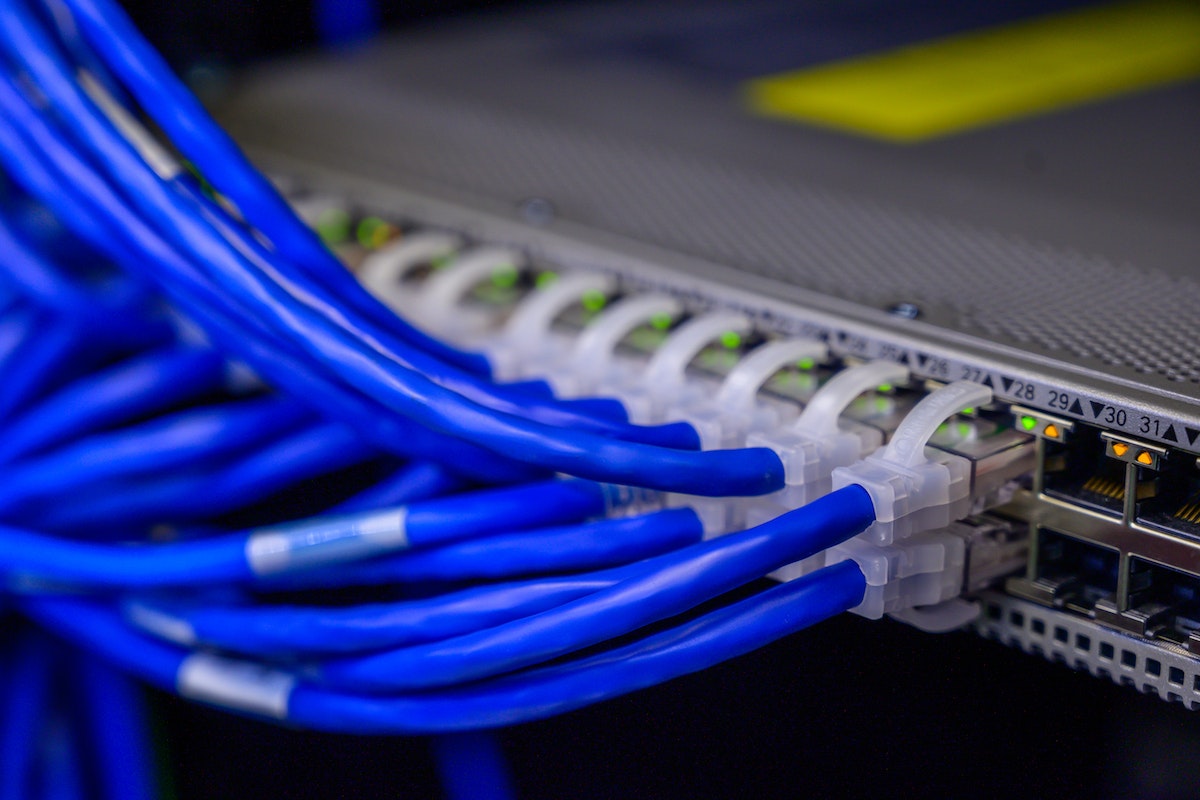In this time and age, it’s more than usual to have private game servers, thereby enjoying the gamer experience with absolute assurance regarding safety, protection, speed, and reliability. If you are thinking of hosting your own private game server, in the text below we’ll discuss the hows and to-dos.

Choose A Game
Make sure that you meet the system requirements for running the server. But how do you pick the right one, you might ask? Well, there are a few things to consider before making the decision.
Popularity: A popular game will likely have a larger player base, and therefore, more players will be interested in joining your server.
System requirements: Make sure that your computer meets the system requirements for running the server. These requirements can vary depending on the game and the number of players you want to support.
Server software: Not all games have official server software available for download. Some games may require you to use third-party software to host a server.
Licensing: Some games may require you to purchase a separate server license in order to host a server. Additionally, you must check the terms of service of the game you’re hosting a server for to ensure you are allowed to do so. A game with a large and active community will likely have more resources available for server hosting, such as tutorials and troubleshooting guides.
Gameplay: You should also consider whether you enjoy the game and would like to play it for an extended period of time, as hosting a server can be a long-term commitment. It’s important to do your research on a game before deciding to host a server for it, as it can be a significant investment of time and resources.
Finding the Right Software
Once you’ve chosen a game to host, you will need to download the game server software and install it on your computer. The game server software can be downloaded from the game developer’s website or from a third-party source, depending on the game. Once the software is installed, you will need to configure the server settings according to your preferences. Of course, as explained by the team at 1GServerHost, this is easy enough and has many advantages. You can easily make it more secure and faster while still allowing an amazing gaming experience. This includes setting the server name, player limit, and other game-specific options.
After the server is set up and running, you will need to forward the appropriate ports on your router to allow players to connect to your server. This is known as “port forwarding” and is a necessary step for hosting a game server.
Sharing the Address
Once you have the server running, you will need to share the IP address and port number of your server with your friends, so they can connect to it. You can use a dynamic DNS service to make it easier for players to connect to your server. With a dynamic DNS service, you can assign a hostname to your IP address, making it easy for players to remember how to connect to your server. Just for the record, A DNS (Domain Name System) service is a system that translates domain names, such as www.example.com, into IP addresses, such as 192.0.2.1. It is a hierarchical-distributed naming system that makes it easier for people to remember website addresses and access them by using their domain names instead of their IP addresses.
Meeting the Requirements
It’s worth noting that hosting a game server can be demanding on your computer’s resources and may incur additional costs for an internet connection with sufficient upload speed. Additionally, it’s important to check the terms of service of the game you’re hosting a server for to ensure you are allowed to do so. Sufficient upload speed is important when hosting a game server because it determines how quickly data can be sent from the host server to the players. When a player is connected to the server, they are sending and receiving data constantly. This data includes things like player movements, chat messages, and other game-related information. Without sufficient upload speed, the server may not be able to keep up with the amount of data being sent, resulting in lag and a poor gaming experience for the players.

In conclusion, hosting a private game server can be a great way to play your favorite games with friends, but it also requires a significant investment of time and resources. Choosing a popular game, configuring the server settings, forwarding the appropriate ports, and sharing the IP address and port number with your friends are all important steps that you need to take to successfully host a private game server. Additionally, you should be aware of the terms of service of the game you’re hosting a server for to ensure you are allowed to do so.